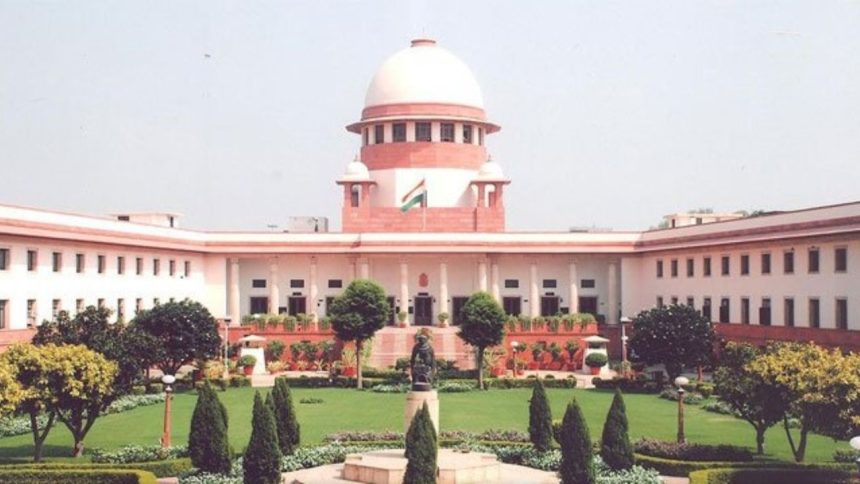
New Delhi: The Centre on Wednesday (May 21) defended the Waqf (Amendment) Act, 2025 in the Supreme Court and said every stakeholder was heard and a false narrative is being made that waqf is being snatched, which is nothing but the country is being misled.
The Centre told a bench comprising Chief Justice of India (CJI) BR Gavai and Justice Augustine George Masih that this is the first enactment dealing with regulation of Waqf property – the menace which has been going on since 1923.
Government received 96 lakh representations: Centre
Solicitor General Tushar Mehta told the bench that the government received 96 lakh representations and the Joint Parliamentary Committee (JPC) had 36 sittings before the law was passed. He further said there were repeated deliberations and various inputs were taken from different Muslim bodies and thereafter a voluminous report was submitted where suggestions were accepted or rejected with reasons and then the law was passed with unprecedented debate.
The apex court is hearing a bunch of pleas challenging the constitutional validity of the Waqf (Amendment) Act, 2025.
Courts cannot interfere unless a glaring case is made out, CJI Gavai told petitioners on Tuesday
CJI Gavai on Tuesday, while hearing submissions made by the petitioners, told petitioners that there is a presumption of constitutionality for the statute and courts cannot interfere unless a glaring case is made out.
“There is a presumption of constitutionality for the statute and courts cannot interfere unless a glaring case is made out,” CJI Gawai said on Tuesday while hearing the submissions made by petitioners.
Petitioners made their submissions on Tuesday
The lawyers representing the petitioners made their submissions before the court on Tuesday.
Senior advocate Kapil Sibal, who argued for the petitioners challenging the constitutional validity of the Waqf law, on Tuesday submitted that the law is meant for protection for waqf but it has been aimed at capturing waqf and has been designed in such a way that waqf property is taken away without following any process.
This act is for waqf protection but it is aimed at capturing waqf, Sibal argued on Tuesday
“This act is for waqf protection but it is aimed at capturing the waqf. The law is designed in such a way that waqf property is taken away without following any due process. The officer deciding deciding the dispute is a government officer and while it is decided, the property ceases to be a waqf and anybody can create a dispute,” Sibal argued before the court on Tuesday and added, “It is capturing waqf properties across the country through executive fiat.”
The matter was earlier being heard by a bench headed by former CJI Sanjiv Khanna, who on May 5 transferred the bunch of pleas challenging the constitutional validity of the waqf law to a bench headed by Justice Gavai.










